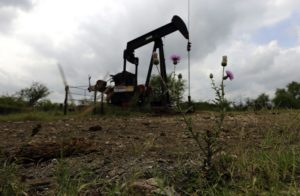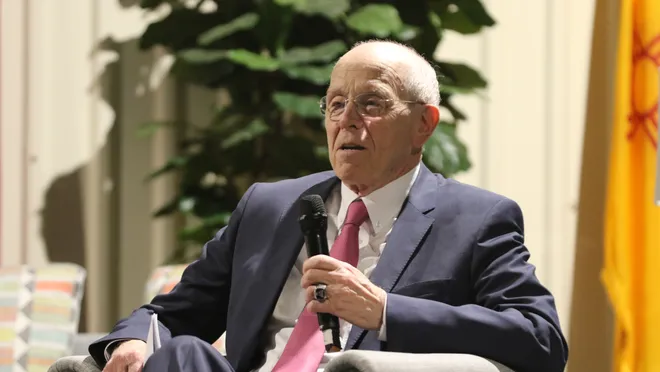 Plus: the oilfield services sector added more than 8,000 jobs last month after losing more than 100,000 in 2020.
Plus: the oilfield services sector added more than 8,000 jobs last month after losing more than 100,000 in 2020.
West Texas Crude oil is trading close to $60 a barrel, a price Houston oil and gas companies haven’t seen since January of 2020.
Since the new year WTI has traded above $50 per barrel after trading at historically low prices — often below $40 a barrel — for much of last year.
However, it’s unclear if prices will go much higher, according to University of Houston Energy Fellow Ed Hirs.
“I don’t know that anybody really wants the price of oil much higher,” Hirs said, “because we’re in a global pandemic recession and oil is extremely necessary for the hospitality industries to recover, for transportation industries to recover.”
Global oil demand is picking up as more people are able to get the coronavirus vaccine, helping to stabilize prices. But Hirs warns the actions of major oil producing countries are also having a big impact.
“I expect the Saudis and the Russians are trying to keep the price in the $50 dollar range,” Hirs said, “because they really don’t want to encourage the US producers to jump back into the market with new drilling.”
Last month Saudi Arabia said it would cut production by one million barrels a day in hopes of lifting prices, and it seems to be working as oil hits an 11-month high.
There’s not much U.S. producers can do to help push prices even higher, Hirs said. He expects WTI to settle around $50 per barrel and stay there into next year.
The latest report from the Energy Workforce & Technology Council, based on Bureau of Labor Statistics data, shows the sector added just over 8,400 jobs in January. Oilfield services companies were hit especially hard last year as drilling came to a near standstill.
Overall though oilfield services has only welcomed back a fraction of the jobs lost. The report shows that nationwide pandemic-related job losses are around 80,000, the majority of which were in Texas.




0 Comments